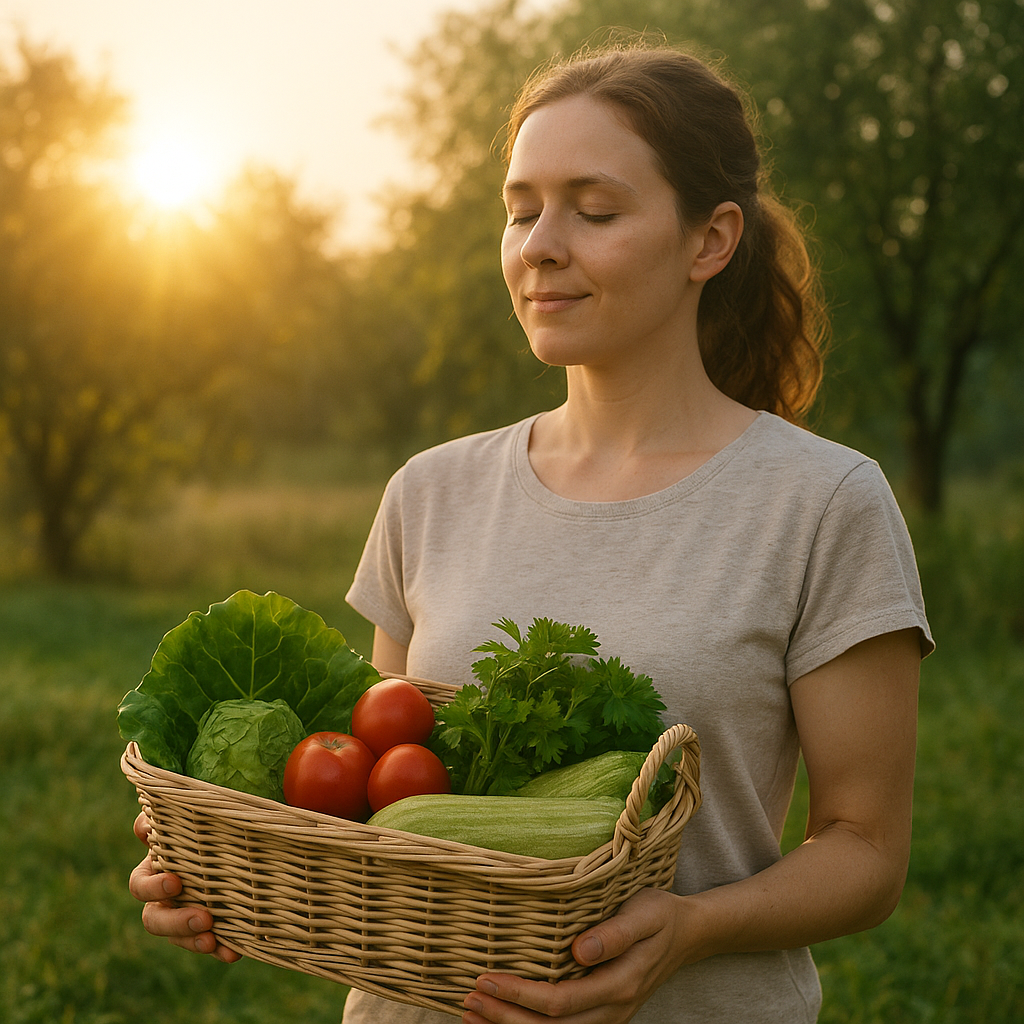
Vitamin D: More Than Just Sunshine

Vitamin D is often called the sunshine vitamin — but even in sunny Thailand, deficiency is more common than you think. Most people spend their days indoors, avoid the sun, or block it with sunscreen. The result: tiredness, weak bones, low immunity — and no clear idea why.
At Real Food, we believe in a food-first approach. Let’s take a clear look at what Vitamin D actually does, how much you need, and how to get it naturally — through food and gentle sun exposure.
What does Vitamin D do?
Vitamin D acts like a hormone in the body. It helps your gut absorb calcium and phosphorus — the two key minerals for strong bones and teeth. It supports your immune system, helps regulate mood, and plays a role in muscle function and nerve signaling. It’s essential for long-term health — but often overlooked.
Where do you get it?
The main natural source of vitamin D is sunlight. When UVB rays touch your skin, your body produces its own supply. But here’s the catch:
In Thailand, midday sun is too strong for untrained skin
Morning (before 10am) and late afternoon (after 4pm) sun is safer and still effective
You need 15–30 minutes a few times a week, without sunscreen
You can also get small amounts of Vitamin D from food. Natural sources include:

Fatty fish like salmon, mackerel, sardines
Egg yolks
Organ meats like liver (once a week is enough)
Sun-exposed mushrooms
Some countries fortify dairy and cereal products with vitamin D — but that’s not common in Thailand.
How much do you need?
Adults need around 15 micrograms (μg) of vitamin D per day — more if you’re older, rarely go outside, or have darker skin.
What happens if you don’t get enough?
A lack of vitamin D means your body struggles to absorb calcium. It then pulls calcium from your bones to make up the difference. Over time, bones become weak — leading to:
Fatigue, muscle weakness
Bone pain or higher risk of fractures
Osteomalacia in adults, rickets in children
Higher risk of osteoporosis in later life
Who should be extra careful?
People who avoid the sun or wear full-body clothing outdoors
Older adults, who produce less vitamin D naturally
People with darker skin, which slows vitamin D production
Anyone eating a highly processed or restrictive diet
Can you get too much?
Not from food or sunshine. Overdosing only happens with high-dose supplements taken for long periods. Stick to food-first, and use supplements only with medical guidance.
The Real Food approach
We support your vitamin D intake with:
Weekly fish, eggs, and mushrooms in our boxes
Educational recipes to support bone health
Awareness of sun exposure at safe times
Vitamin D is simple — but essential. It only takes a few mindful choices to make sure your body gets what it needs.
